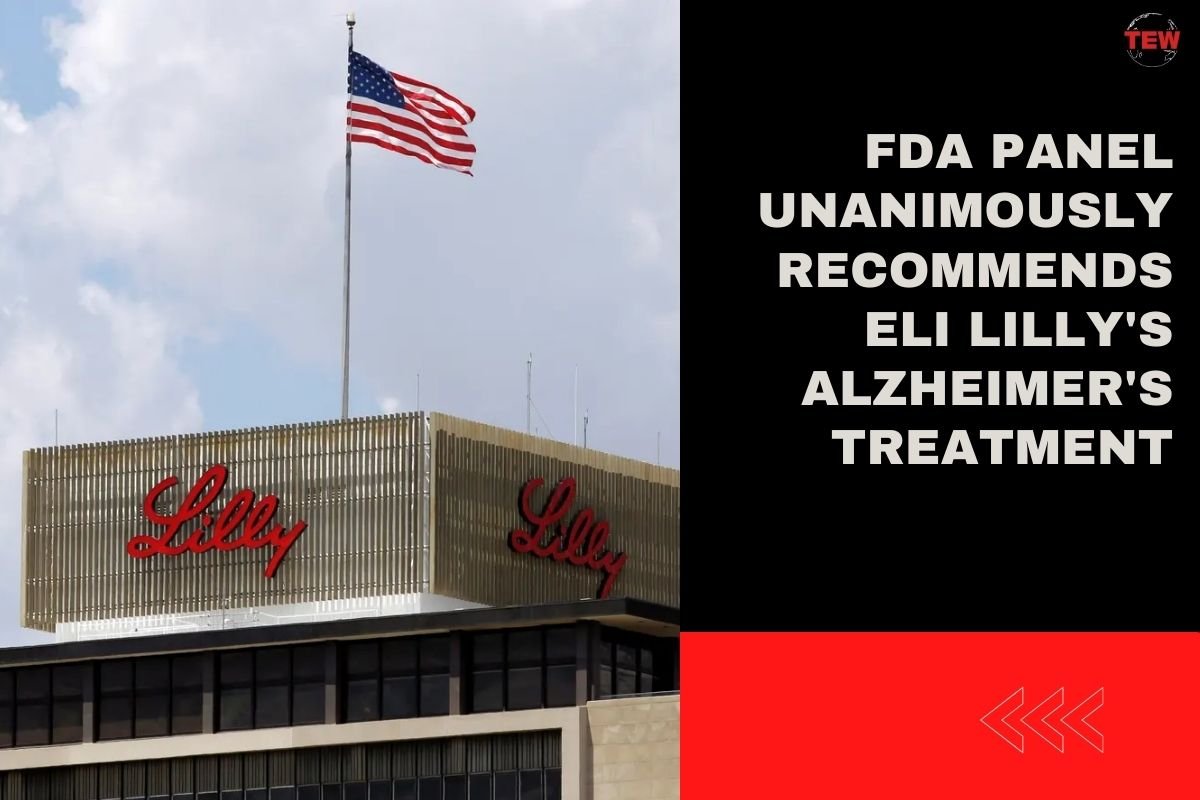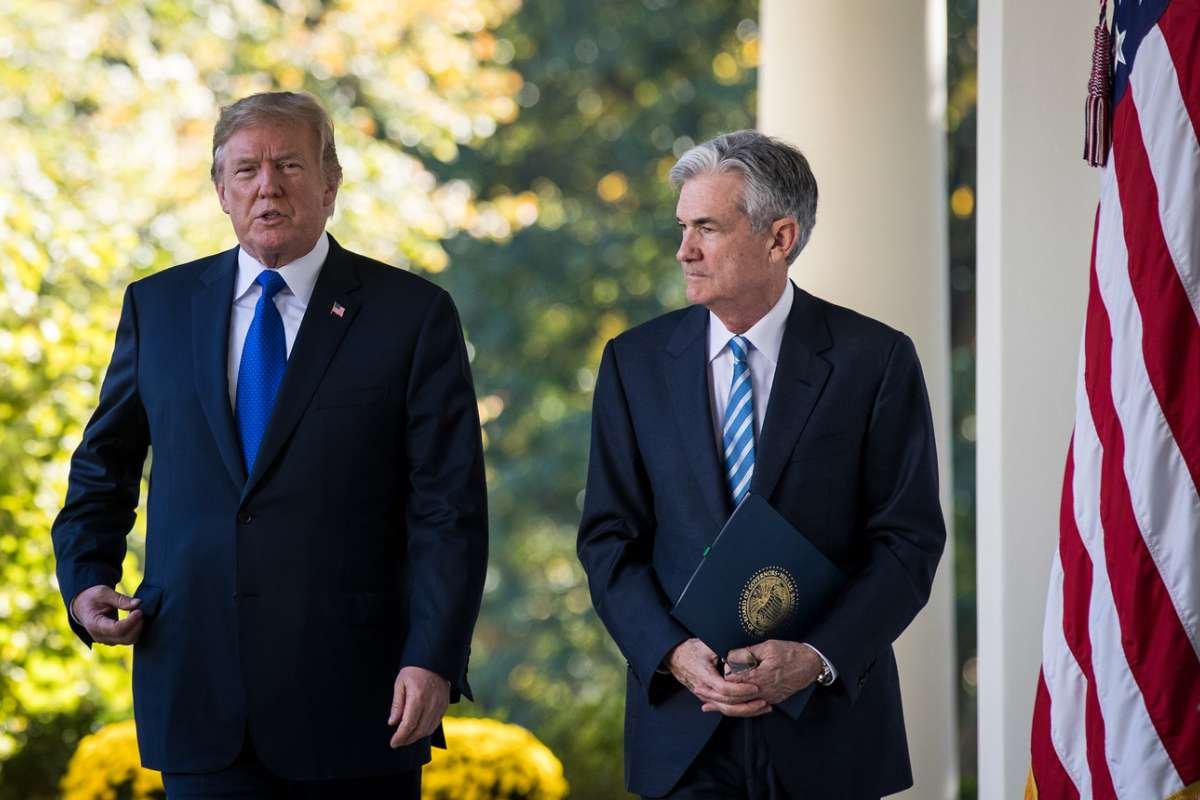(Source-Forbes)
An FDA advisory panel voted 11-0 on Monday to recommend the use of Eli Lilly’s Alzheimer’s treatment, donanemab, marking a significant development in the field of Alzheimer’s research.
Donanemab, a monoclonal antibody drug, is administered through an intravenous (IV) infusion on a monthly basis for up to 18 months. If approved by the FDA, it would become the second Alzheimer’s drug to enter the market. However, it’s important to note that the FDA’s decision does not necessarily have to align with the panel’s vote.
Trial results demonstrated a promising 35% reduction in disease progression
During the panel’s hearing on Monday, experts deliberated on the safety profile of the drug, particularly in light of reported deaths during the trial. There was also discussion regarding the potential for restricting its use to specific subgroups of patients based on safety considerations.
The trial for donanemab focused on evaluating its efficacy in addressing beta-amyloid plaque buildup, a hallmark of Alzheimer’s disease, and its ability to slow the progression of the disease in patients aged between 60 and 85. Lilly’s trial results demonstrated a promising 35% reduction in disease progression over the course of 18 months.
Currently, the only other drug available on the market for Eli Lilly’s Alzheimer’s Treatment is Eisai and Biogen’s Leqembi, which showed a 27% decline in disease progression among patients using it for 18 months.
However, concerns were raised regarding adverse events reported in 21% of patients during the trial. This issue has been particularly worrisome for doctors, given the problematic rollout of Leqembi’s predecessor, which was eventually withdrawn from the market due to safety concerns.
Safety and efficacy data
Furthermore, Leqembi has faced challenges in gaining widespread adoption, partly due to the burdensome Medicare rules for its use, which include expensive brain scans. Additionally, there has been skepticism among doctors about its overall benefits. Medicare is also grappling with cost concerns, estimating that approximately $3.5 billion will be spent on Alzheimer’s drugs in 2025.
The panel’s recommendation for donanemab marks a significant milestone in Alzheimer’s research and could potentially offer new hope for patients and their families. However, further evaluation and consideration of safety and efficacy data will be crucial as regulatory authorities move forward with their decision-making process.






